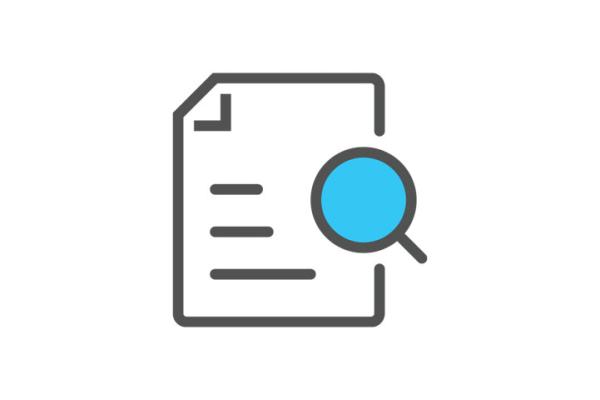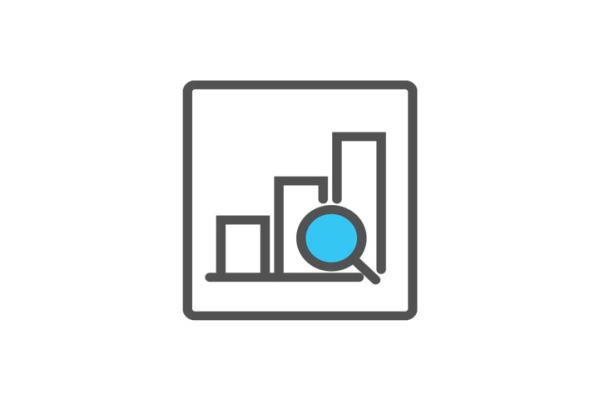The EU legal framework for human medicines sets standards to ensure a high level of public health protection and the quality, safety and efficacy of authorised medicines.
The EU legal framework promotes the functioning of the internal market, with measures to encourage innovation. The EU legal framework is based on the principle that a medicinal product requires a marketing authorisation by the competent authorities before being placed on the market.
50 years of pharmaceutical legislation
Much of the impetus behind the adoption of the legal framework stemmed from the determination to prevent a recurrence of the thalidomide disaster of the late 1950s, when thousands of babies were born with limb deformities as a result of their mothers taking a medicinal product during pregnancy.
This experience, which shook public health authorities and the general public, made it clear that to safeguard public health, no medicinal product must ever again be marketed without prior authorisation.
Since then, a large body of legislation has been developed around this principle, with the progressive harmonisation of requirements for the granting of marketing authorisation, and post-marketing monitoring, implemented across the entire European Economic Area (EEA).
In the EU, a medicinal product for human use may be authorised either by the European Commission through the centralised procedure or by national competent authorities through a mutual recognition, decentralised or national procedure:
|
Authorising body |
Procedure |
Scientific Assessment |
Territorial scope |
|
Commission |
European Medicines Agency (EMA) |
EU |
|
|
National authorities |
National competent authorities |
EU countries concerned |
EU legislation
The requirements and procedures for marketing authorisation, as well as the rules for monitoring authorised products, are primarily laid down in Directive 2001/83/EC and in Regulation (EC) No 726/2004. They also include harmonised provisions for the manufacture, wholesale or advertising of medicinal products for human use.
Additionally, EU legislation provides for common rules for the conduct of clinical trials (to test the safety and efficacy of medicines under controlled conditions) in the EU. Various rules have also been adopted to address the particularities of certain types of medicinal products and promote research in specific areas:
- Medicinal products for rare diseases (‘Orphan medicines’) (Regulation (EC) No 141/2000)
- Medicinal products for children (Regulation (EC) No 1901/2006)
- Advanced therapy medicinal products (Regulation (EC) No 1394/2007).
All EU legislation in the area of medicinal products for human use is listed in Volume 1 of "The Rules Governing Medicinal Products in the European Union".
To facilitate the interpretation of the legislation and its uniform application across the EU, numerous guidelines of regulatory and scientific nature have been adopted. A detailed explanation of the marketing authorisation procedures and other regulatory guidance is contained in volume 2 (Notice to Applicants).
On 26 April 2023, the Commission adopted a proposal for a new Directive and a new Regulation to revise and replace the existing general pharmaceutical legislation. For more information, please see the Reform of the EU pharmaceutical legislation.
Quality, safety and efficacy
The authorisation of medicines builds on three key criteria, namely quality, safety and efficacy, to ensure that products administered to patients are of suitable quality and provide a positive benefit-risk balance.
Quality of medicines
When applying for marketing authorisation, companies must provide documentation showing that the product is of suitable quality. This is assessed in accordance with criteria set out in EU legislation (Annex 1 of Directive 2001/83/EC) and guidelines (EudraLex Volume 3).
If the qualitative and quantitative composition of a medicinal product does not meet these standards, the marketing authorisation will be refused, or if the product is already authorised suspended or withdrawn. In such a case all appropriate steps will be taken to ensure that the supply is prohibited and the medicinal product withdrawn from the market.
The manufacture or import of medicinal products itself, including investigational medicinal products, is subject to manufacturing or import authorisation.
Due to the impact of manufacturing and distribution practices on the quality of a medicinal product, including its starting materials, a set of rules and good practice guidelinesprovide safeguards against deviation from product specifications, and inappropriate production and distribution practices.
As the manufacturing of medicines and the sourcing of pharmaceutical ingredients is often a global activity the European Commission has intensified global cooperation on different levels with international organisations and other countries.
- Further guidance on quality is provided in EudraLex - Volume 4
Safety and efficacy of medicines
The safety and efficacy of medicines is essential. For new medicines companies are required to demonstrate safety and efficacy through the results of clinical trials. For established compounds, companies can refer either to data from already authorised medicines (generic marketing authorisation) or to published literature (well-established medicinal use).
The data on safety and efficacy will be carefully assessed by the competent authorities before a product receives marketing authorisation. For centrally authorised products this assessment is done by the European Medicines Agency (EMA).
Safety and efficacy continue to be monitored after marketing authorisation, through pharmacoviglance activities, or reviews of the benefit-risk balance.
- Scientific guidance on safety and efficacy of medicinal products is provided in Volume 3
- Safety of medicinal products in the EU
- Video - Safe medicines for the EU
Fees charged by the European Medicines Agency (EMA)
The EMA charges fees for obtaining and maintaining Union marketing authorisations for medicinal products for human use and for veterinary medicinal products and for other services provided by the Agency, according to the Fee Regulation and the Pharmacovigilance Fee Regulation.
On 13 December 2022, the Commission adopted a Proposal for a Regulation of the European Parliament and of the Council on fees and charges payable to the European Medicines Agency, amending Regulation (EU) No 2017/745 of the European Parliament and of the Council and repealing Council Regulation (EC) No 297/95 and Regulation (EU) No 658/2014 of the European Parliament and of the Council
Related information
- For access to EU pharmaceutical legislation consult EUDRALEX
- EudraBook V1 - May 2015 - Compendium of EU pharmaceutical law
- For a summary of EU pharmaceutical legislation consult SCADPLUS
- Authorisation procedures - The centralised procedure
- Authorisation procedures - National authorisation procedures
- European Medicines Agency
- COM Report to the EP and Council on marketing authorisation procedures of medicinal products for human use
- Conference on "50 years of EU pharma legislation: Achievements and future perspectives"





